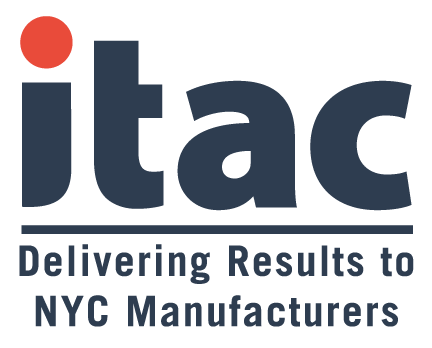“Our mission is to help brands make excellent products.”
Teddy SadakaCEO
“Apparel Production has been a part of my life since 1947.”
Ever since he was a child, Theodore (Teddy) Sadaka, Apparel Production’s current CEO, worked in his family’s Garment District factory, cutting fabrics. Teddy’s parents and aunt opened Apparel Production in 1947, and to this day, Teddy continues to work hard to build on his family’s legacy.
It is upon graduating from college in 1972 that Teddy joined Apparel Production as a full-time employee, on the manufacturing side. At the time, he wasn’t fully convinced that he wanted to focus on the production side, but both his sister and his brother had also decided to join the family business, and his brother was focused on sales. Teddy eventually became a partner in the family business, and operated the factory until 1987, at which point he decided to close Apparel Production to work in corporate America, thereby pursuing his initial inclination to focus on the business side. He became Vice President of Manufacturing at Leslie Fay (Breckenridge), and later served as Vice President of Manufacturing at Emanuel Ungaro, a division of GFT, the world’s largest manufacturer of designer clothing at the time. Working for larger corporations got Teddy to realize that he did not enjoy the corporate environment as much as expected, and in fact preferred surrounding himself with creators. In 1993, he decided to reopen Apparel Production.
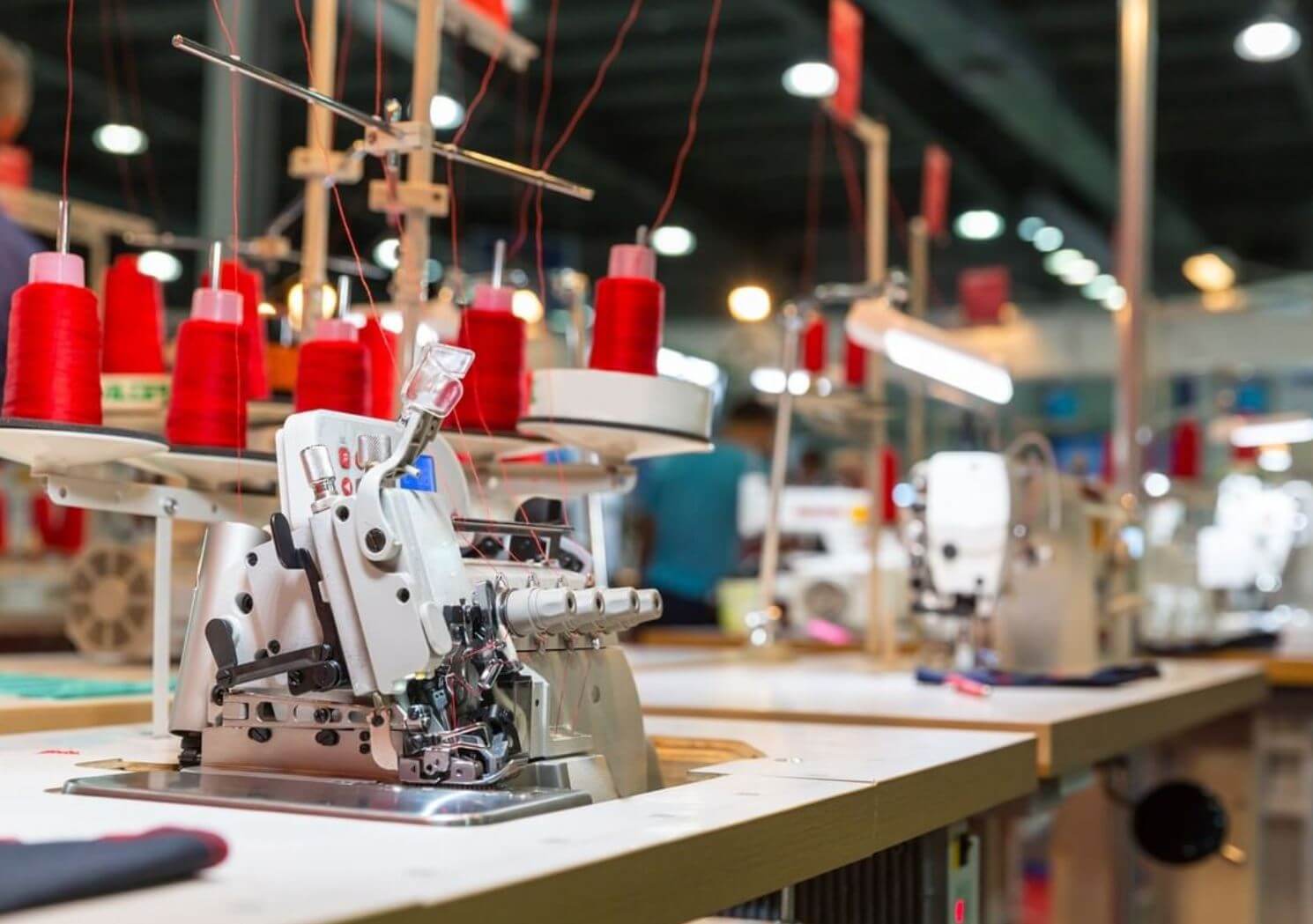
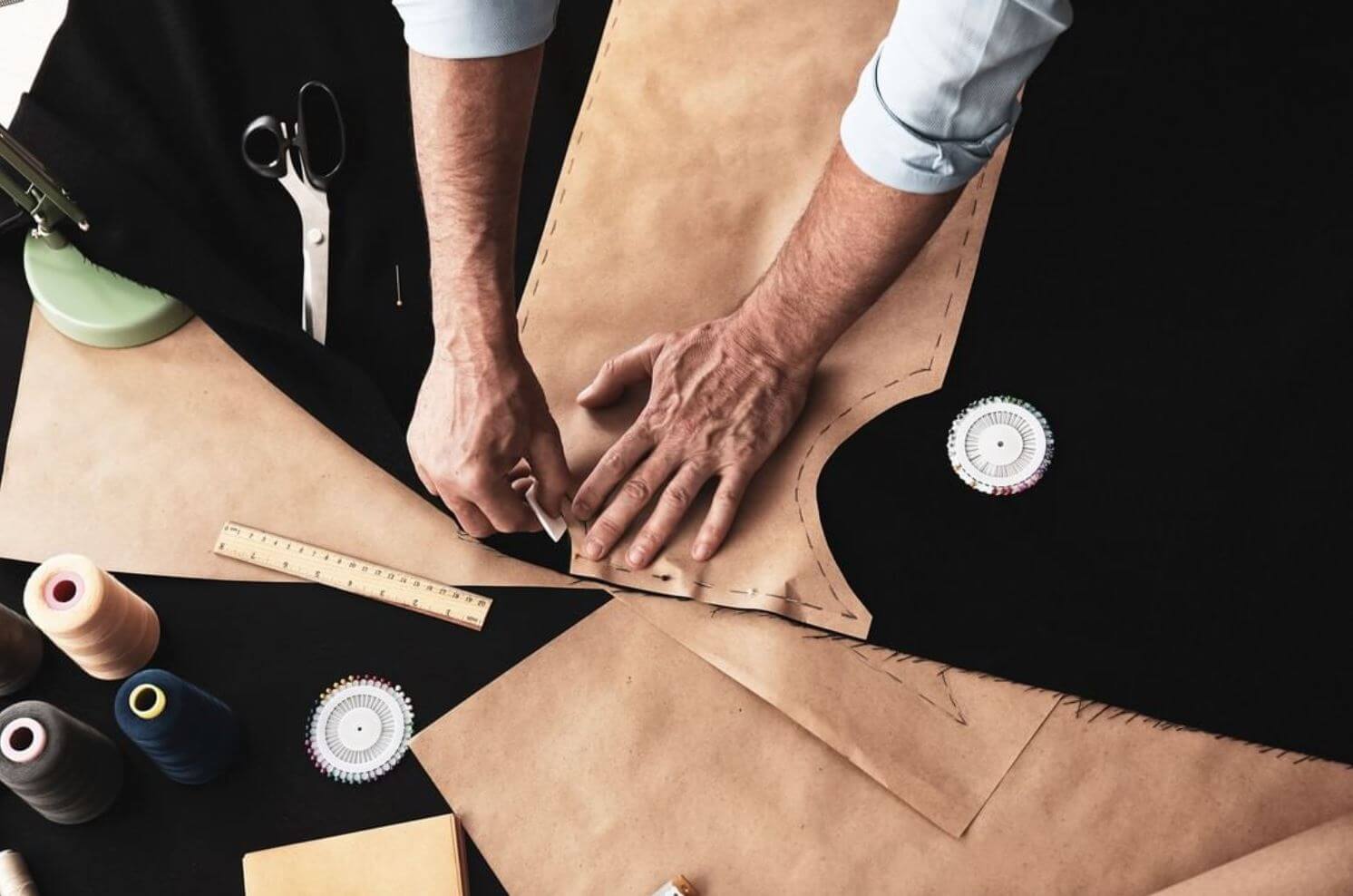
“Our mission is to help brands make excellent products.”
Since its inception, Apparel Production’s mission has been to help brands make excellent garment products. For over seven decades, the company has been a trusted go-to resource for both emerging and established designers. Teddy’s mother worked with Calvin Klein to develop his first ever designs. She knew all the designers personally — from Ralph Lauren to Anne Klein and Tommy Hilfiger. Back in the 1970s, these notorious designers were emerging startups, and Apparel Production helped them launch their empires and contributed to their reputation for creating the best-quality garments. Teddy describes his business as a resource that not only helps designers develop their vision, but also provides them with top-quality products and consistently perfect fit. The company goes the extra mile when it comes to handling fabric, in that the factory team does not just cut fabric, but also tests it for shrinkage. Most factories don’t take this extra measure, and Teddy believes that this has significantly contributed to Apparel Production’s success. The ability to manufacture both in NYC and overseas has also greatly contributed to the company’s growth and expansion, as it serves both the American and international markets.
“We helped Garfield and Marks reach over $40M in sales”
Upon reopening the business in 1993, Teddy first decided to manufacture exclusively for a start-up company called Garfield and Marks. Apparel Production handled the entire manufacturing process including patterns, production, and inventory control, thereby helping Garfield and Marks to reach sales of over $40M, and to get acquired as a result. Teddy was asked to join the new company but decided against it, as he preferred to continue working with his family – and his mother in particular — on supporting multiple established and emerging brands. Since then, business has expanded, until the recent COVID-19 pandemic. Since March 2020, designers and brands have been overwhelmed with large inventories and are not placing any orders for additional garments. Despite the current challenges, Teddy remains confident that sales will improve in the spring in anticipation of the upcoming Fall 2021 season. Besides, his overseas business has been booming as it mostly serves online brands.

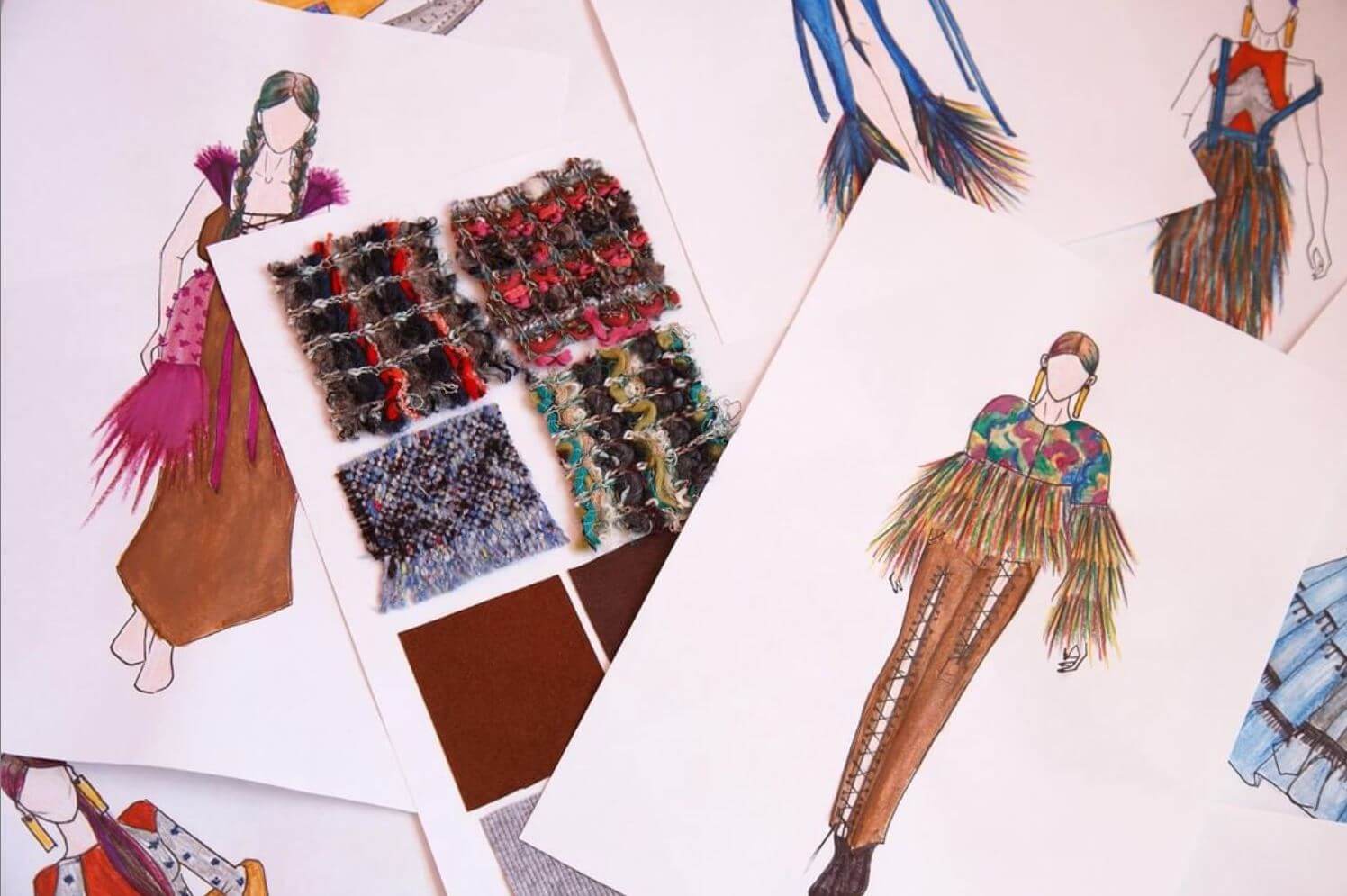
“You never know who is calling – It may be the next Calvin Klein.”
Apparel Production believes its biggest accomplishment has been developing and growing its relationship with clients. Watching designers that no one had heard of come into the shop, and working with them as they grow into huge conglomerates has felt extremely rewarding. Teddy believes the best way to succeed is to always keep an open mind, and treat every customer as if they were the next Calvin Klein or Ralph Lauren.
Going forward, Apparel Production hopes to continue working with emerging designers by continuing to successfully produce smaller runs of high-quality fashion products. The company chooses not to mass produce using robots and machinery; Teddy strongly believes that fashion needs to be understood at the human level; as such, every garment is handled with the utmost attention and personal care.
